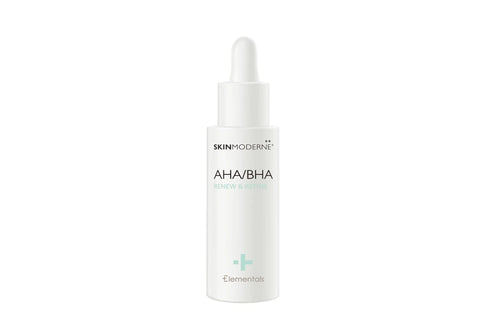
Estheticians: Know the Best Ingredients to Treat Hyperpigmentation
Hyperpigmentation is one of the few skin ailments that is physically harmless. The highest concern for a client struggling with dark spots and sun damage is their mental health. A study on patients with pigmentary disorders discovered a higher prevalence of anxiety and depression concerning their hyperpigmentation. Treatment for discoloration becomes more about restoring confidence and putting a client’s mind at ease than it is about the skin issue itself.
In the skin health business, encouraging clients to take proper care of their bodies and helping them become their best, most confident selves includes helping them see results. Great results spur people to continue to make good changes and be consistent in their care. While estheticians can’t always control a client’s sun exposure or hormone levels, they can provide treatment for hyperpigmentation with the best-known ingredients for the best results.
Retinol
Retinol is a fancy industry word for Vitamin A. Prescription-strength retinol is in the form of a retinoic acid that works at an accelerated pace. Over-the-counter retinol must be converted to retinoic acid by the skin, then completes the same goal as the prescription version.
One of the most effective ingredients in the market for anti-aging, retinol encourages collagen production and stimulates blood vessels in the skin. It was originally used for treating acne but was very quickly discovered to be effective for spot removal as well. The negative to it is an irritant to the skin and makes the skin extra photo-senitive. When recommending products for hyperpigmentation, look for retinol on the ingredient label to provide your clients with the results they are looking for, or better yet, a safer plant derived version called Bio-Retinol.
Alpha Hydroxy Acids
Occurring naturally in certain foods, Alpha Hydroxy Acids (AHAs) are a grouping of acids used in a wide range of products. The most commonly used AHAs in cosmetics and skincare are mandelic, lactic, glycolic acids. When choosing skincare for hyperpigmentation, look for products with mandelic and lactic acids in them, as glycolic acid is harsher and used more for acne.
Alpha Hydroxy Acids are chemical exfoliators that remove dead skin and encourage a faster cell turnover. This provides a smoother, brighter skin surface and is known for fast results when fighting hyperpigmentation. They also pair well with Beta Hydroxy Acids to unclog pores and repair the skin.
Vitamin C
When it comes to serums for hyperpigmentation, recommending one with Vitamin C is important. Vitamin C is essential to the body's production of collagen. Collagen is the framework for your skin; it keeps everything taut and smooth. If that breaks down, it leads to sagging and wrinkles. Besides keeping wrinkles at bay, Vitamin C helps fight dark spots resulting from sun damage, and the antioxidants in the vitamin help prevent further damage.
One way to get Vitamin C is to consume foods high in the vitamin, but people can also take a supplement. To combat hyperpigmentation directly, a serum can be applied to the skin. The surface layers of skin can absorb Vitamin C, allowing the serum to begin working immediately. The best recommended use is 1 to 2 applications every day, and should never be used in place of a good SPF sunscreen or moisturizer.
Whichever main ingredient you end up recommending for your client, it is important to remind them that good results take time and consistency. Often people are tempted to quit when their product doesn’t work within the first week. Just remind them that long-term results require long-term care. It will pay off in the end.
Visit Skin Moderne to learn more about clean skincare products with these amazing ingredients. To ask questions or inquire about our certification program, contact us online or call us at (559) 967-0950.



